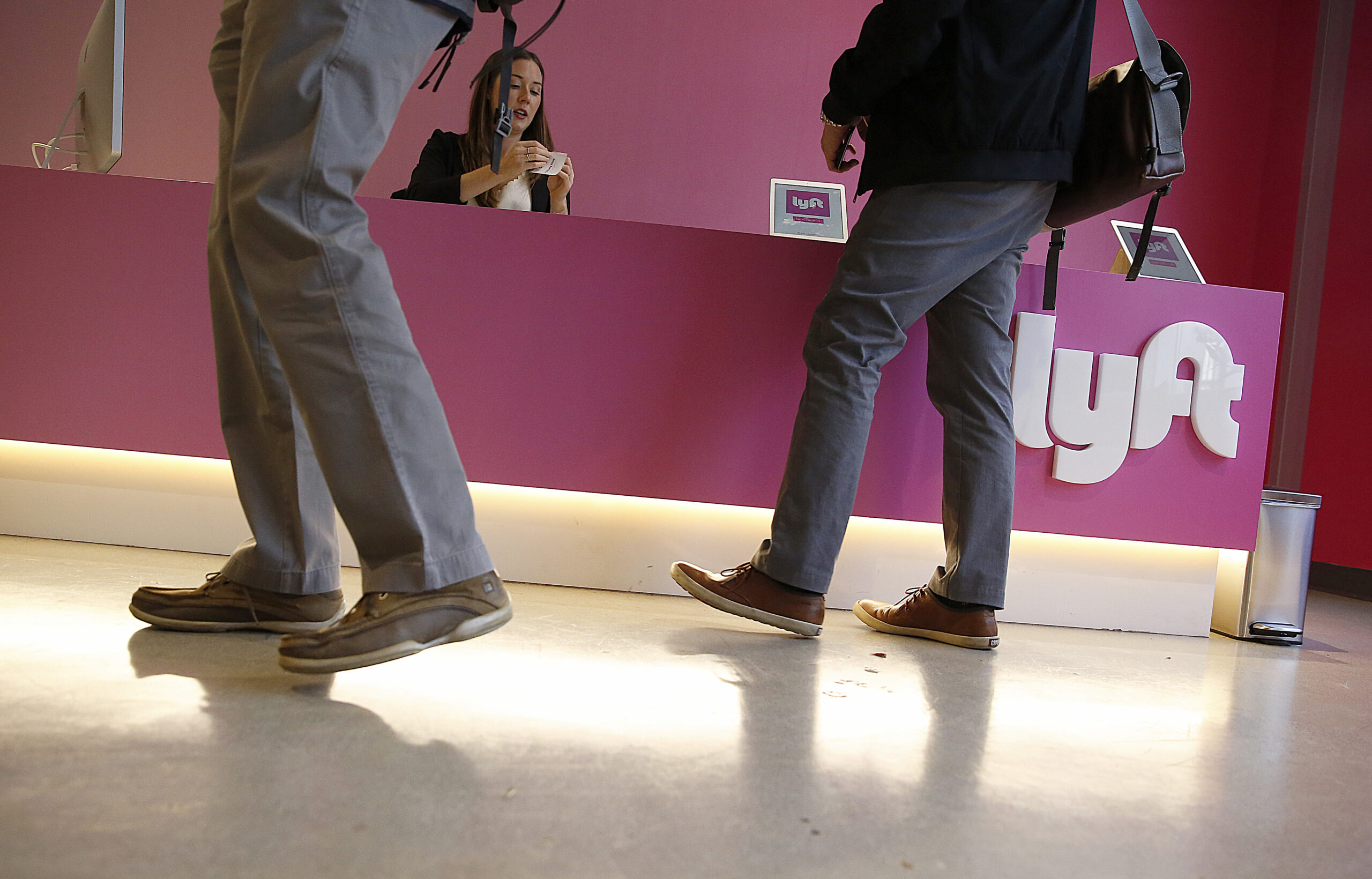Lyft shares were down in after-hours trading on Thursday after the ride-hailing firm posted quarterly financial results that failed to impress investors.
The company reported revenues of $1 billion along with a net loss of $187.6 million for the quarter ending on March 31. For the current quarter, Lyft said it expects revenue to remain roughly flat at $1 billion to $1.02 billion.
Lyft's stock was down as much as 13% immediately after announcing its latest results.
“I can't yet share our long-term growth plans," said CEO David Risher on a shareholder call on Thursday. "[But] I am very aware our current levels of growth and profitability are not acceptable."
The San Francisco-based company's share price has fallen steadily in recent months amid stiff competition from Uber, its much larger peer, and scrutiny of its business model.
Lyft’s co-founders, former CEO Logan Green and president John Zimmer, said in March they were stepping back from day-to-day management at the firm. David Risher, a former Amazon executive, was named CEO and unveiled a strategy intended to turn the struggling firm around.
Risher's turnaround plan included laying off nearly 1,100 employees. In an interview with Associated Press, Risher described the layoffs as necessary to bring Lyft's prices down to better compete with Uber.
"I am very focused on the long-term health of this business," said Risher on the call.
Lyft reported about 19.6 million active riders, defined as those who took at least one ride during the quarter. That was an improvement over 17.8 million in the prior year, but still lower than the roughly 23 million active users it had at the end of 2019.
Uber has been gradually eroding Lyft’s market share: Uber earned 76% of U.S. consumer spending on ride-hailing in March 2023, up from 73% in January 2022, according to data from Bloomberg Second Measure.
While both firms saw a drop in ridership during the pandemic, Uber's business has bounced back more strongly compared with Lyft.
Mobile tracking data compiled by wireless network testing firm Global Wireless Solutions found that Lyft's driver app averages about 400,000 daily usages, about half its pre-pandemic levels, while Uber’s app boasts about 1.4 million daily users, roughly the same number that it had leading up to the pandemic.
